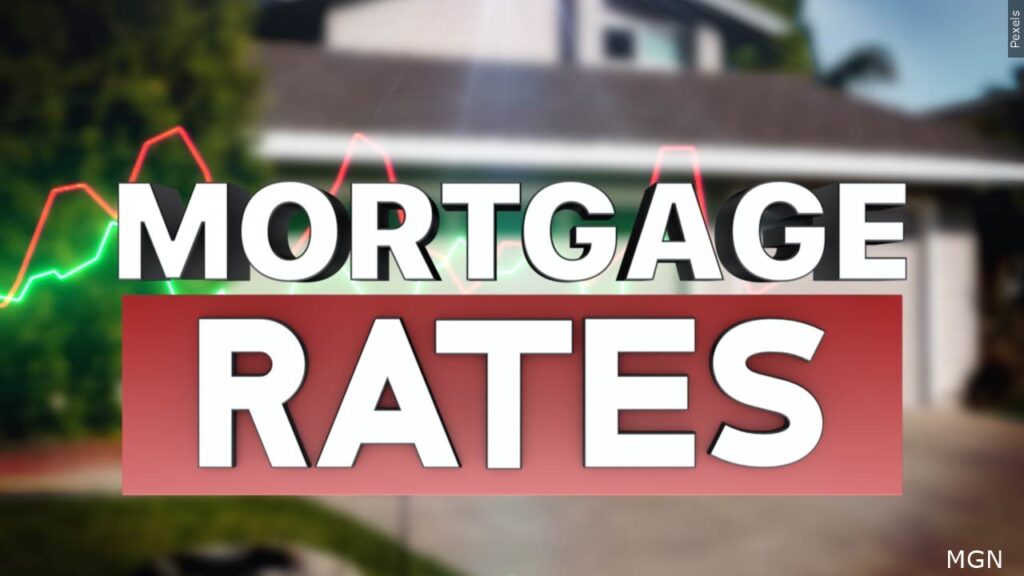Finding the right financial advisor can feel like searching for a needle in a haystack. With so many options available, how do you choose a fee-based advisor who’s the perfect fit for your needs and financial goals? This guide will help you navigate the process and find a fee-based financial advisor near you.
Understanding Fee-Based Financial Advisors
Unlike commission-based advisors who earn money from the products they sell you, fee-based financial advisors charge a predetermined fee for their services, regardless of whether they sell you specific products. This transparent approach ensures that their recommendations are always aligned with your best interests, rather than their own commission potential. Learn more about transparency in financial advising.
Benefits of Choosing a Fee-Based Advisor
Working with a fee-based advisor offers several key advantages. You benefit from unbiased advice, a clearer understanding of costs, and more control over your financial strategy.  Plus, you’ll gain access to a trusted professional who can guide you towards achieving your financial objectives, whether that’s saving for retirement, planning for your children’s education, or building a robust investment portfolio. Read more about the benefits.
Plus, you’ll gain access to a trusted professional who can guide you towards achieving your financial objectives, whether that’s saving for retirement, planning for your children’s education, or building a robust investment portfolio. Read more about the benefits.
How to Find a Fee-Based Financial Advisor Near Me
Finding a local advisor is easier than you might think. You can start by using online search engines, checking professional directories such as the National Association of Personal Financial Advisors (NAPFA) or the Certified Financial Planner Board of Standards (CFP Board), and asking for recommendations from trusted friends and family. Remember to carefully review their qualifications and experience.
Key Questions to Ask Potential Advisors
Before committing to an advisor, ask some critical questions to ensure they are the right fit. Inquire about their fee structure, experience in your specific area of concern (e.g., retirement planning, estate planning), and their investment philosophy. Learn about the most important questions to ask.
What to Expect During Your First Consultation
Your initial meeting is a crucial step. Expect a detailed discussion of your financial goals, risk tolerance, and current financial situation. The advisor should listen attentively, offer personalized insights, and provide a clear understanding of their services and fees. [IMAGE_2_HERE] Don’t hesitate to ask clarifying questions.
Due Diligence: Checking Credentials and Reviews
Thoroughly investigate the advisor’s background and reputation. Check if they hold relevant certifications (such as CFP or CFA) and read client reviews on reputable platforms like BrokerCheck. A thorough background check is essential for your peace of mind.
Building a Long-Term Relationship
Finding the right financial advisor is about establishing a long-term partnership. Choose someone you trust, who communicates effectively, and who proactively helps you achieve your financial aspirations. Regular review meetings are vital to ensure your strategy aligns with your evolving needs. [IMAGE_3_HERE]
Conclusion
Choosing a fee-based financial advisor is a significant decision, but by following these steps and asking the right questions, you can find a trustworthy professional to guide you towards financial success. Remember that transparency and alignment with your goals should be your top priorities. See additional resources.
Frequently Asked Questions
What is the average fee for a fee-based financial advisor? Fees can vary considerably depending on the advisor’s experience, services offered, and your assets under management. It’s essential to discuss fees upfront.
How often should I meet with my financial advisor? The frequency of meetings depends on your needs and the complexity of your financial situation. Some advisors recommend quarterly meetings, while others may suggest annual reviews.
Can I change financial advisors? Yes, you can change financial advisors at any time. However, be sure to understand any potential fees or penalties associated with switching.
What if I’m not happy with my financial advisor’s services? Open communication is key. Discuss your concerns with your advisor. If the issues persist, you can always seek a second opinion or switch advisors.
How do I know if a financial advisor is right for me? Consider your comfort level with the advisor, their expertise in areas relevant to you, their communication style, and their fees. A good fit is essential for a productive and successful working relationship.



